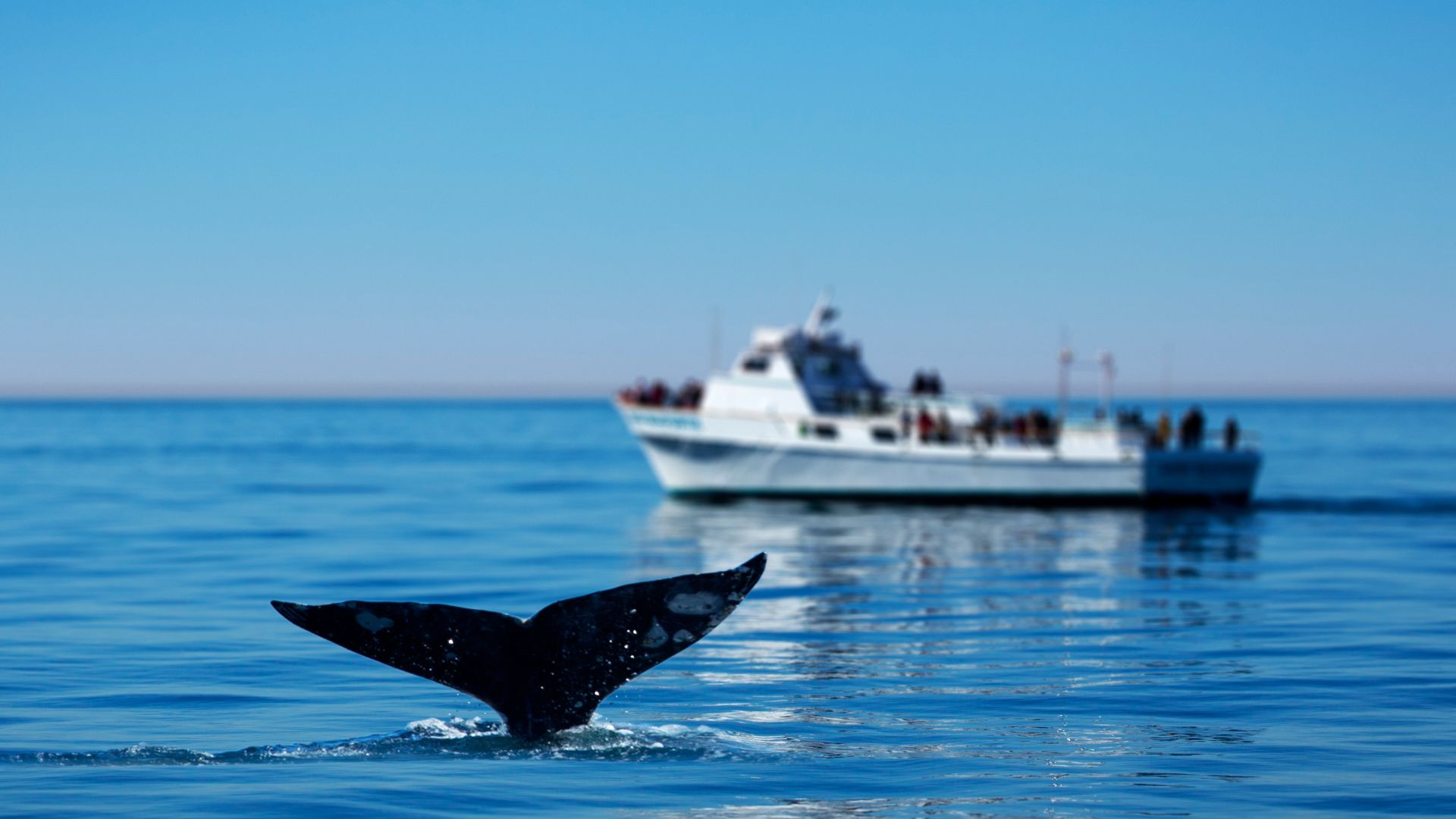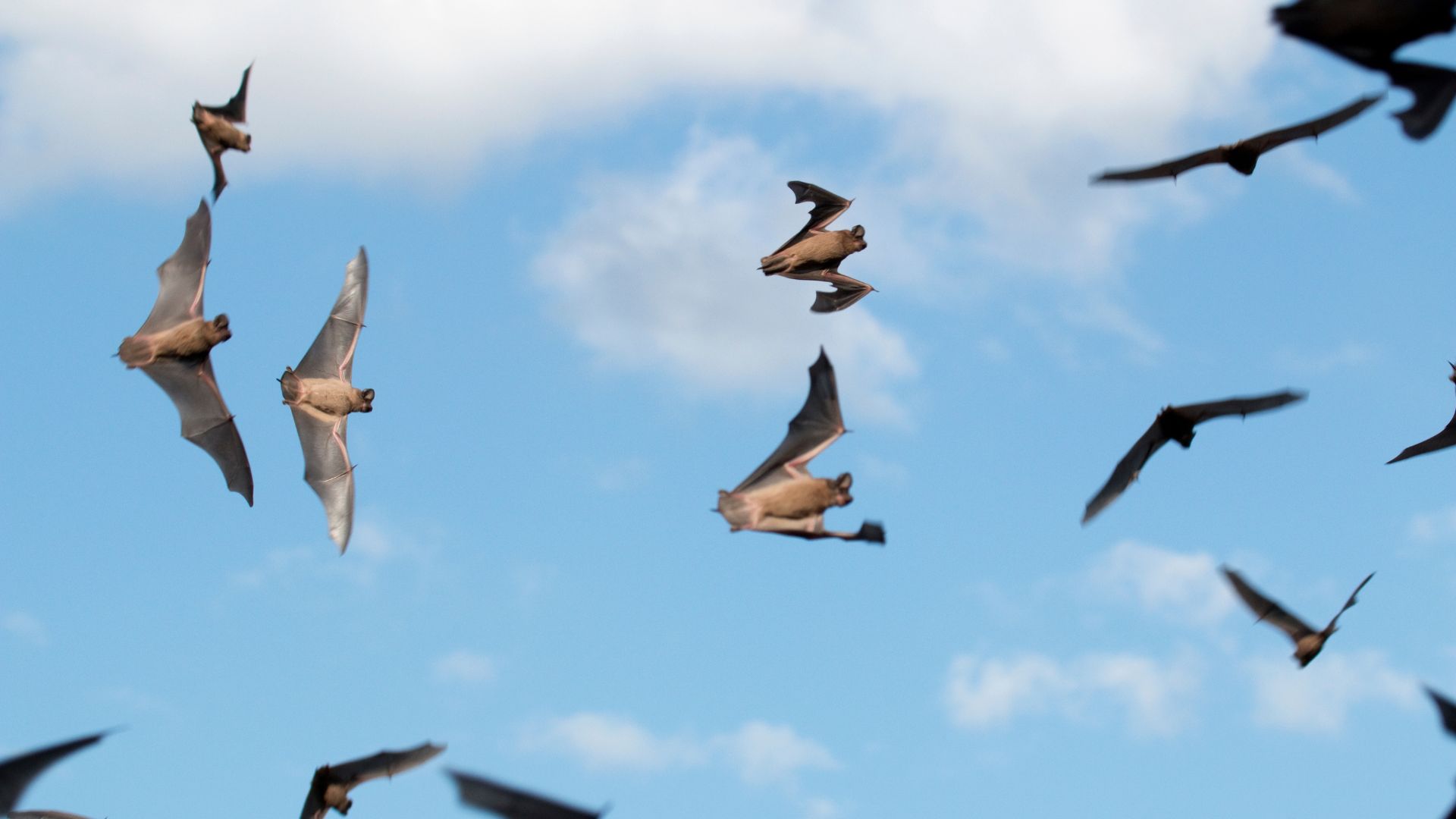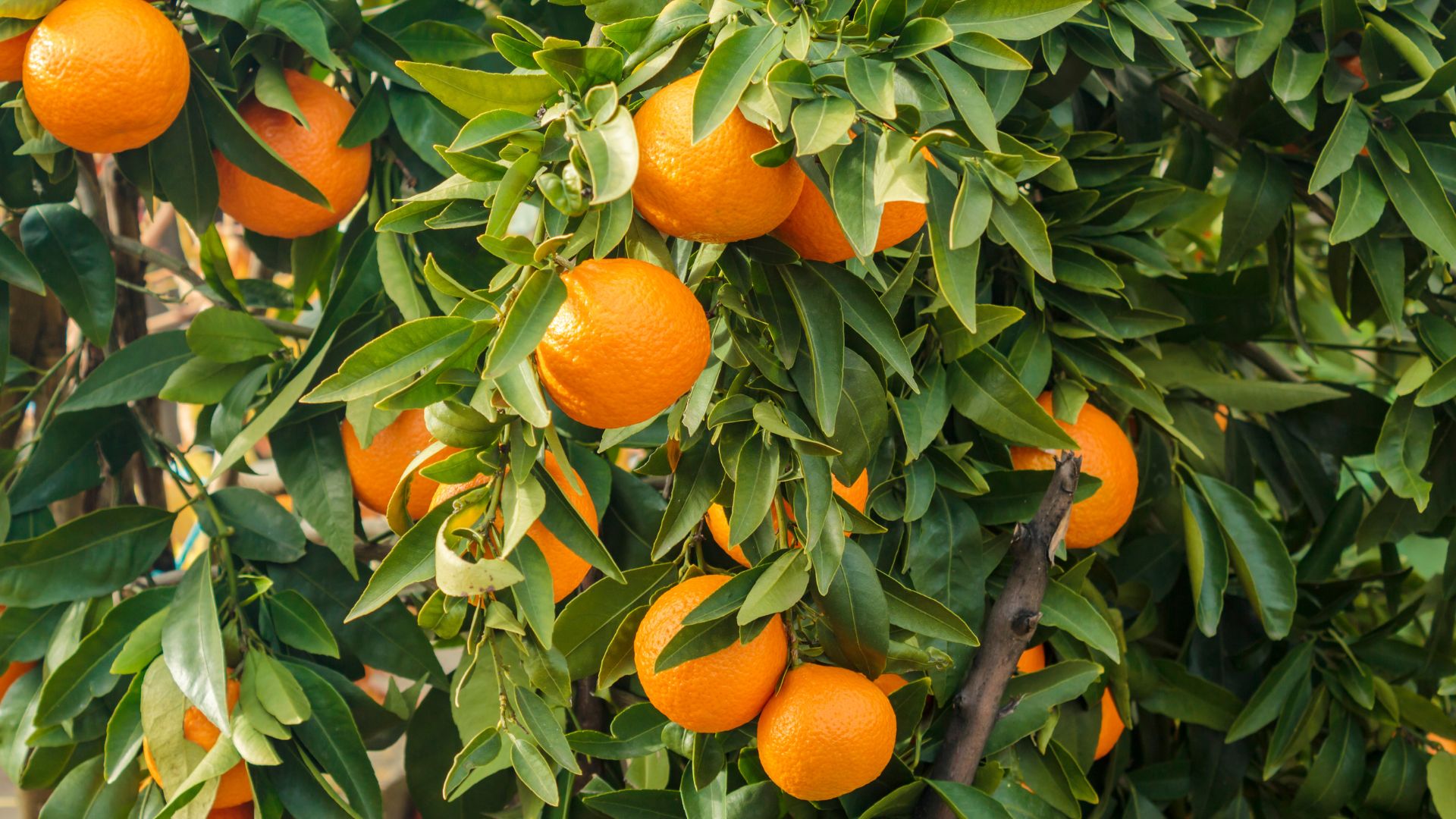This week’s good climate news
With so much still to do to slow warming and avoid the worst impacts of climate change, it’s important to fortify ourselves by celebrating wins along the way.

Gray whale watching is back
For the first time since the start of the COVID-19 pandemic, Whale Watch Week returns in-person to Oregon. The state’s central coast is a prime whale watching spot, as viewers hope to witness the annual gray whale migration.
Roughly 20,000 gray whales migrate down the coast to Mexico every year, and there are 17 state parks that offer great views to spot these whales. More whale watching happens starting in June as the whales that did not migrate south come close to the shores to feed.

Hundreds of bats rescued from cold
After Texas’ recent cold snap, the Houston Humane Society rescued 1,544 bats experiencing hypothermic shock. Officials plan to release the rehabilitated Mexican free-tailed bats back to their colonies, mainly under Waugh Drive Bridge and Pearland Fite Road Bridge.
Mosts bats just needed a little heat and hydration to get back on their ... wings.

New tax credit to boost electric delivery vehicles
Starting on Jan. 1, the Biden administration will incentivize delivery companies and other corporations to electrify their fleets. Depending on the size of the electric vehicle, the Inflation Reduction Act will offer tax credits of $7,500 or $40,000.
These tax credits can be combined with voucher programs for electric vehicles from other states like California and New York.

Major study on salt lakes
This week, President Biden signed legislation for scientists to study salt lake ecosystems in the Western U.S. The $25 million in funding will help fight historic drought and safeguard impacted wildlife and communities.
Not only do the lakes serve as wildlife habitats, but when droughts cause them to recede, people's health can be damaged by the dust that is blown into the air.

Florida crops avoid damage in cold streak
Despite experiencing some of the coldest weather in years, the United States’ premier fruit and vegetable supplier remained in good stead. Florida’s citrus, fruit, and vegetable crops evaded widespread damage from below usual temperatures, surprising growers and officials alike.
After two significant hurricanes hit Florida earlier this year, this cold snap could have been particularly damaging.










